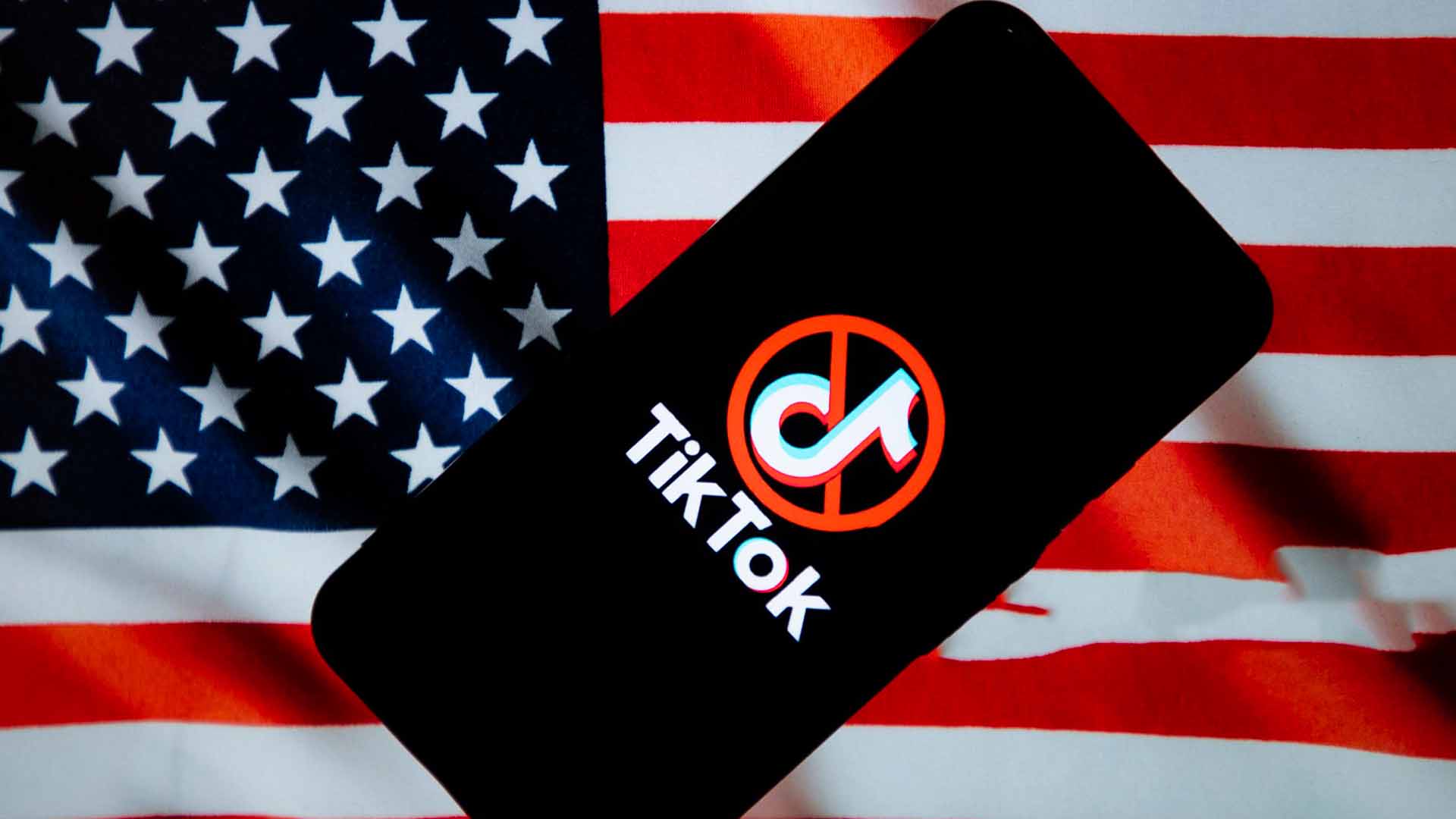TikTok, a globally popular short-video platform, has faced bans and scrutiny in several countries over the past few years. The reasons for these bans vary but generally center around concerns related to data privacy, national security, censorship, and inappropriate content.
This article explores the main reasons behind these bans and the controversies surrounding the platform.
One of the most significant reasons TikTok has faced bans is its handling of user data. Owned by the Chinese company ByteDance, TikTok collects vast amounts of user data, including location information, browsing habits, and personal preferences.
Critics argue that TikTok’s data collection practices could pose a risk to national security, especially since Chinese law requires companies to cooperate with the government when requested.
In countries like the United States and India, officials have raised concerns that TikTok could share user data with the Chinese government, potentially leading to misuse.
These concerns were heightened amid geopolitical tensions, leading to investigations into the platform’s data practices.
In response, TikTok has repeatedly denied allegations of sharing data with Chinese authorities and has emphasized its efforts to protect user privacy. The company has even established “data centers” in regions like the U.S. and Europe to store local user data, aiming to alleviate concerns.
The national security risks associated with TikTok stem from its potential to act as a surveillance tool. Governments fear that sensitive information could be extracted through the app and exploited for espionage or other malicious purposes.
In 2020, the U.S. government under the Trump administration sought to ban TikTok, citing these risks. Although the ban was never fully implemented, discussions around restricting the app continue in the U.S.
India, which was TikTok’s largest market by user base, banned the app in June 2020. This decision was part of a broader move to block Chinese apps following a military clash between Indian and Chinese forces.
Indian officials claimed that TikTok and other apps threatened the “sovereignty and integrity” of the country.
Another concern is TikTok’s potential to influence public opinion. Critics argue that the platform could be used to spread propaganda or censor content unfavorable to certain governments, particularly China.
There have been allegations that TikTok moderates content to align with the Chinese government’s political stance. For instance, videos supporting the Hong Kong protests or criticizing China’s treatment of Uyghur Muslims have reportedly been suppressed.
Such allegations have fueled suspicions that TikTok is not just a harmless entertainment platform but could also serve as a tool for controlling narratives and shaping public opinion.
Beyond geopolitical concerns, TikTok has been criticized for exposing young users to inappropriate content, cyberbullying, and predatory behavior.
The app’s algorithm, designed to keep users engaged, often pushes content that may not be suitable for children, including videos with explicit language, sexual themes, or harmful challenges.
In some countries, TikTok has been temporarily banned or fined for failing to adequately protect minors. For example, in Italy, TikTok was banned for underage users after a child’s death was linked to a dangerous trend on the platform.
Similar concerns have been raised in the UK, the U.S., and Australia, where lawmakers have called for stricter age verification measures.
TikTok’s bans are also closely tied to global geopolitics. The app has become a flashpoint in the broader rivalry between China and other major powers like the U.S. and India.
These countries see restricting Chinese technology as part of a broader strategy to reduce dependence on China and mitigate potential risks.
In the European Union, TikTok has faced scrutiny under data protection laws like the General Data Protection Regulation (GDPR). The EU has fined the platform for mishandling user data and not being transparent about how data is processed.
To address these challenges, TikTok has taken several steps, including enhancing transparency, opening data centers in multiple countries, and introducing stricter content moderation policies.
The company has also launched global campaigns to assure users and governments of its commitment to privacy and safety.
Despite these efforts, skepticism remains, and the app continues to face bans and restrictions in certain regions. For example, some U.S. states have banned TikTok on government devices, and debates about a nationwide ban continue.
